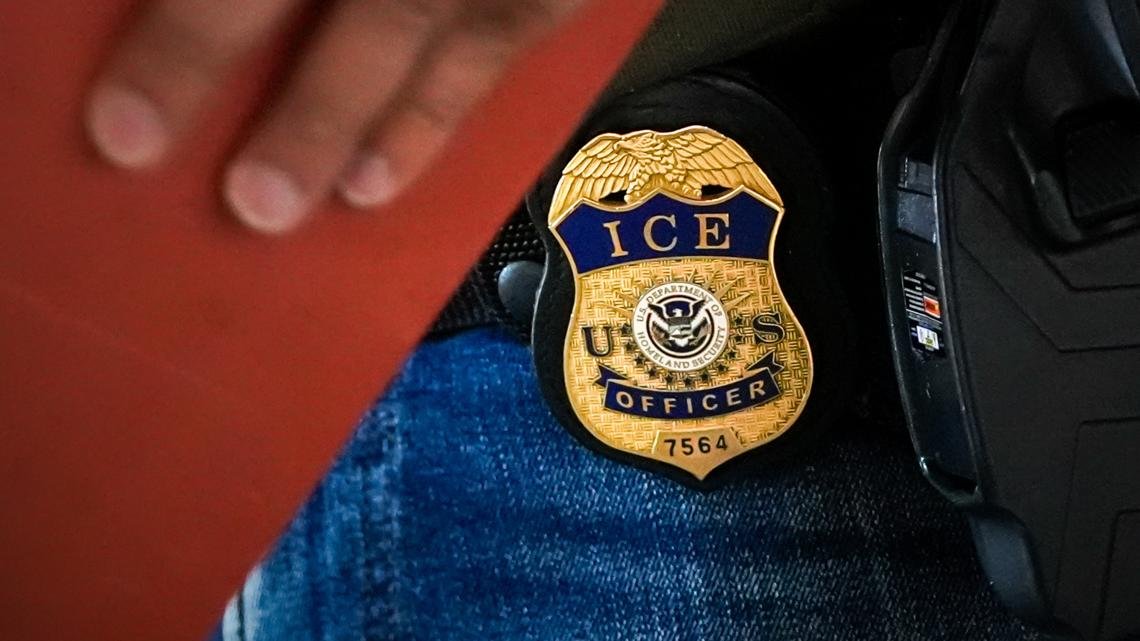home
Routine Immigration Check-Ins Turn Into High-Stakes Gamble for Detainees

In Cedar Rapids, Iowa, a Colombian couple’s wedding plans faced an unforeseen hurdle when one partner was detained by U.S. Immigration and Customs Enforcement (ICE) during a routine check-in. Jhojan and Felipe arrived for their appointment on February 5, but while one was given an appointment for the following month, the other was immediately placed in deportation proceedings.
Jhojan expressed confusion and fear over Felipe’s detention, which has left him anxious about future interactions with immigration authorities. “If you show up, they’ll deport you. If you don’t, they’ll deport you, too,” he told the Associated Press (AP), highlighting a growing fear among many immigrants that routine check-ins could lead to their detention.
This anxiety has surged amid a climate of aggressive immigration enforcement under the Trump administration, which has prioritized deportations that have now reached levels not seen since late 2019. The government has not disclosed the number of individuals detained during such appointments, leading to speculation and fear within immigrant communities.
Critics argue that these ICE check-ins, previously considered routine, have become a potential trap. These appointments were initially designed to monitor individuals released while pending their immigration cases, yet many now fear that attending could escalate their risk of arrest.
The discrepancy in federal responses to immigration enforcement raises further concerns. Under Trump’s leadership, policies shifted dramatically, focusing on a broader scope of deportation than during the Biden administration, which aimed at more targeted enforcement. As of recent reports, ICE has arrested over 32,000 people since January, reflecting a significant uptick in local detentions compared to those at the U.S. borders.
Additionally, some individuals summoned for check-ins have been arrested under misleading circumstances. A recent case in Louisiana involved a person called in under the pretense of being part of a less monitored program, according to the American Civil Liberties Union of Louisiana.
Legal experts urge immigrants to be cautious. With ICE increasingly scrutinizing the status of asylum-seekers during check-ins, attorneys advise clients to prepare thoroughly. It’s recommended that individuals document any changes in their check-in procedures, such as shifts from virtual to in-person meetings, and have plans in place for childcare and personal safety.
Some advocates are suggesting a return to strategies used during the previous administration, where community members escorted individuals to their appointments. “When people feel unsafe going to report, it’s setting everything up for failure,” said Heidi Altman of the National Immigration Law Center, emphasizing the trust needed between immigrant communities and authorities.
The uncertainty surrounding ICE’s practices continues to fuel fear among immigrants. For many, the implications of attending a simple appointment extend beyond mere logistics; they might mean life-altering consequences.
Reported by Rebecca Santana of the Associated Press.


















